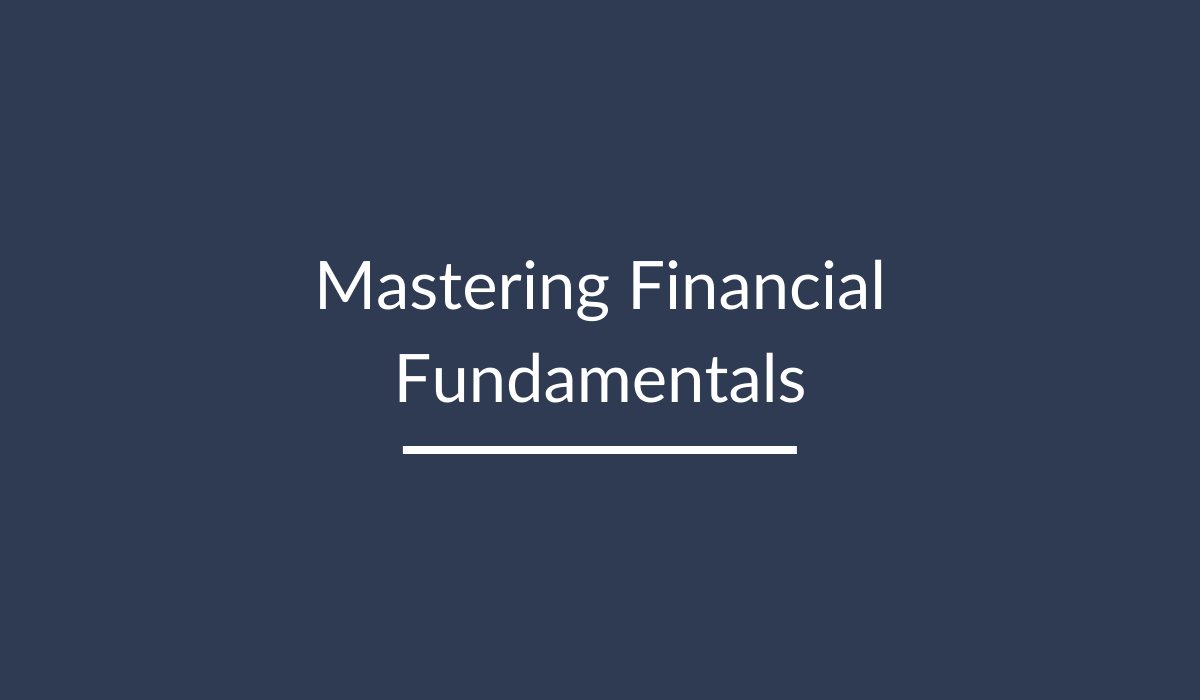
How to Politely Decline Financial Favours Without Ruining Relationships
We've all been there - a friend or family member asks for a financial favour, and you're torn between helping and protecting your own financial stability. It's a delicate situation, but it's possible to gracefully say no without damaging the relationship. In today's article, we will look at 9 ways you can do that:
1. Understand Your Own Finances First
Before responding, take a moment to review your financial situation. Be clear about your budget, savings goals, and current financial commitments. Knowing where you stand financially is crucial for making informed decisions.
2. Be Honest and Transparent
When someone asks for money or a financial favour, honesty is key. If you can't afford it or it's not within your budget, say so. Most people will appreciate your transparency.

3. Suggest Alternative Solutions
Rather than a flat-out "no," offer alternative solutions if possible. For instance, if someone needs a loan, you might suggest they explore other borrowing options or offer non-financial help, like job searching or budgeting advice.
4. Set Boundaries and Stick to Them
Establish clear boundaries regarding financial favours and communicate these boundaries with your loved ones. Politely explain that while you'd love to help, you have limitations to ensure your financial security.
5. Use "I" Statements
Phrase your response using "I" statements to avoid sounding accusatory. For example, say, "I wish I could help, but I have to stick to my budget right now," rather than "You shouldn't ask me for money."
6. Offer Emotional Support
Sometimes, people don't just need money; they need emotional support too. Express your willingness to help them navigate their financial challenges in non-monetary ways, such as listening, offering advice, or being a shoulder to lean on.
7. Maintain Empathy
Remember that the person asking is likely in a tough spot. Express empathy and let them know you understand their situation. Reiterate that your decision is about maintaining financial stability, not a lack of care.
8. Avoid Guilt
It's common for guilt to creep in when you say no, but remember that taking care of your financial well-being is responsible, not selfish. Guilt won't benefit either party.
9. Follow Up
If you've had to decline a request, consider following up later. Revisit the situation when your financial circumstances improve or when you can offer the help without straining your own finances.
Saying no to financial favours can be challenging, but it's essential for safeguarding your own financial stability. By approaching the situation with empathy, honesty, and clear communication, you can maintain your relationships while staying true to your financial goals.
Remember, it's okay to prioritise your financial well-being; in fact, it's a responsible choice that ultimately benefits everyone involved.



Leave a comment
This site is protected by hCaptcha and the hCaptcha Privacy Policy and Terms of Service apply.